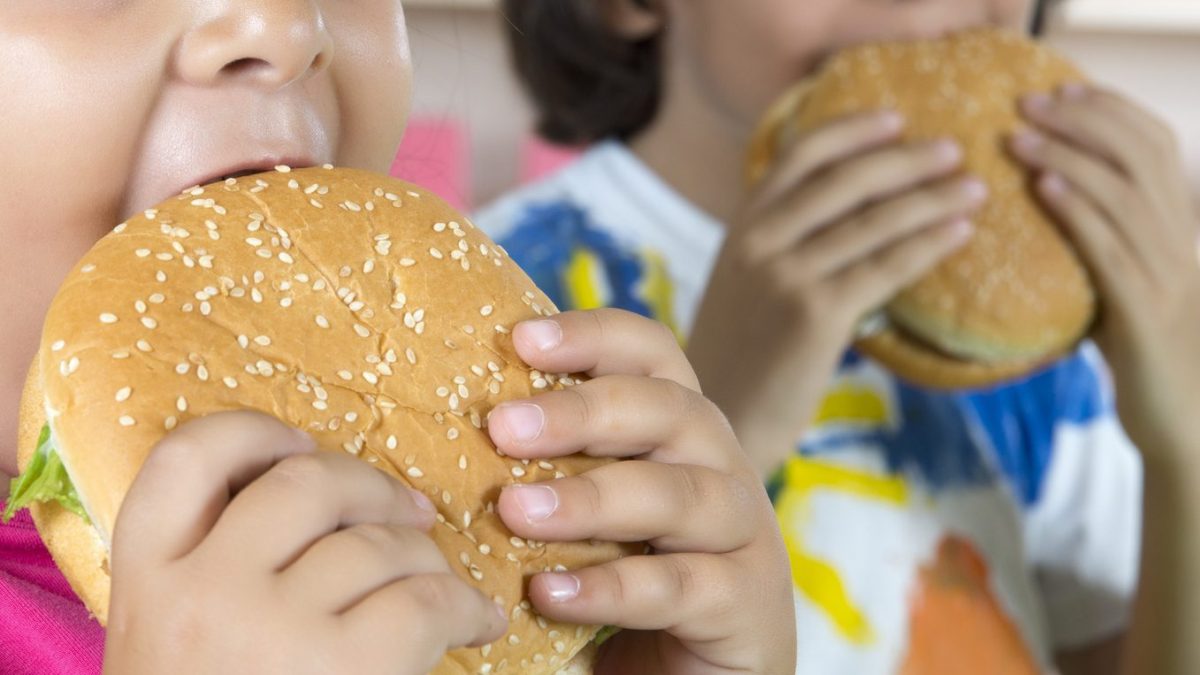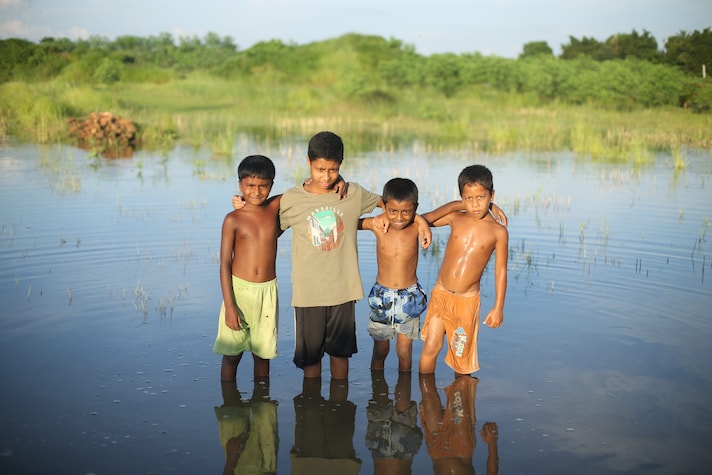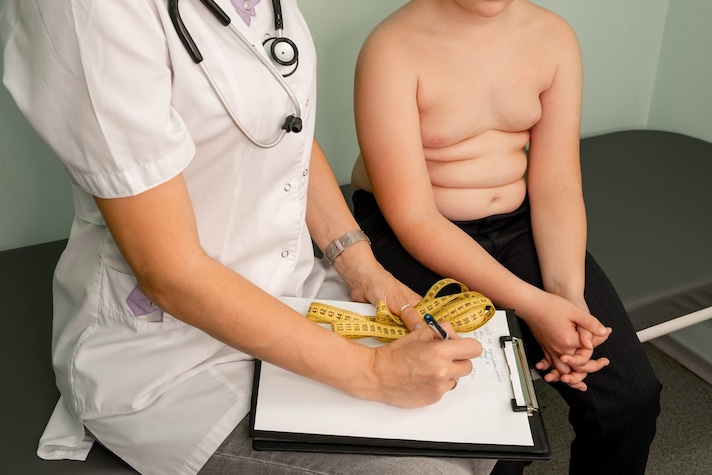
If you've thought malnutrition was solely a problem related to being underweight, you might have to change your mind. A new UNICEF report was released a few days ago, demonstrating that the tables have turned. It's called Feeding Profit: How Food Environments Are Failing Children, and it's the research conducted by the UN agency that protects children's well-being. According to this report, for the first time in history, obesity among school-age children (5-19 years) has surpassed underweight as the most common form of malnutrition.
Numbers that Generate Concern
It's not a question of isolated individual choices, but of junk food becoming increasingly accessible to everyone. Obesity among these young people reaches 9.4% compared to 9.2% among underweight children. Just 25 years ago, the numbers were the opposite: 13% underweight, 3% obese. But what are the other causes of all this? According to UNICEF, children are victims of aggressive marketing in which they are bombarded with advertisements for ultra-processed drinks and snacks in stores, at school, and on social media. These are foods rich in added sugars and fats, are unhealthy, and made with substandard ingredients to say the least: essentially, they should be avoided by everyone.

While junk food is easily accessible, cheap, and the subject of misleading marketing, the flipside of healthy foods is that they're often less abundant in quality fruits, vegetables, proteins, and fats, but they also cost much more and are less appealing than packaged alternatives.
The data from the UNICEF report show that childhood obesity has (slightly) surpassed underweight. However, there are regions where the latter problem is still more prevalent than obesity.

Sub-Saharan Africa and South Asia have recorded the highest rates of malnourished children, likely due to the widespread poverty in these parts. But even where obesity is most widespread, the numbers are staggering: for example, some Pacific islands such as Niue, the Cook Islands, and Nauru show obesity levels of 33-38% among children aged 5-19.
Risks to Health and Society and Solutions to Be Adopted
Clearly, the rise in childhood obesity isn't just a cosmetic problem; it entails a series of risks (cardiovascular disease) and enormous costs. These costs are already significant and are set to rise: the report estimates that if nothing is done, the global burden of obesity-related diseases could exceed trillions. At this point, you might be wondering what you could actually do on your own. The answer is simpler than you think, because change begins with everyday choices. It starts with what you put in your shopping cart: reading labels, pausing for a moment before buying the most colorful snack or sugary drink. Sometimes, it's enough to choose a less processed food, a seasonal fruit, a fresh vegetable, a legume, a natural source of protein. These are small decisions that, added together day after day, radically change your lifestyle.

On top of all this, don't forget about daily exercise, which is a panacea for your body's health. You don't need to think about intense training; even a simple daily walk will do. Physical activity shouldn't be a luxury or an optional extra, but an integral part of everyday life, especially for children.
UNICEF Recommendations
According to UNICEF, governments should take immediate action on several issues:
- Mandatory labeling rules, taxes, and subsidies to improve children's diets.
- Promote social change so that families can have easier and more informed choices.
- Ban the sale of junk food from vending machines in schools.
- Take measures to prevent interference by the ultra-processed food industry in public policy.
- Strengthen social protection programs to ensure vulnerable families have access to nutritious diets.
;Resize,width=767;)
